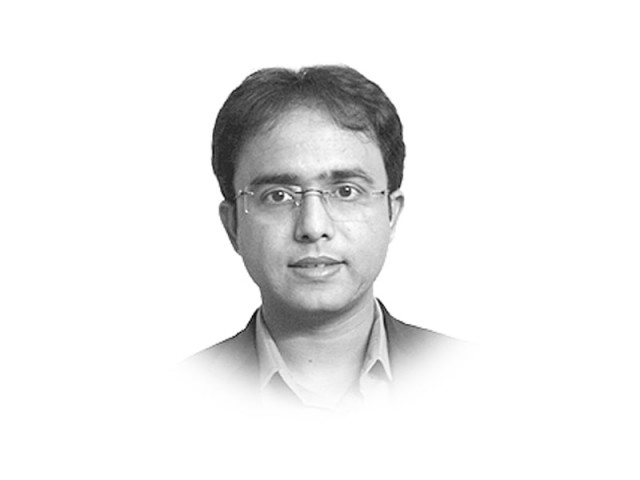Changing Bangladesh
Unlike Pakistan, education is not a fundamental right in Bangladesh but it is in directive principles of state policy.

The writer is head of Intermediary and Public Private Partnership on Education Fund for Sindh, a DFID-funded project. The views expressed in the article are his own
After hearing a lot of interesting stories from the local people, I learnt that Bangladesh is going through a rapid social change despite it being a resource poor country. The people of Bangladesh are simple and humble and almost every man and woman in this country works. I was told that women’s participation rate in the labour force was higher than that in India! Moreover, Bangladesh had started sending women abroad for employment. Also, it has made some women-friendly legislations so that women can contribute to social life without any kind of fear of harassment. For example, if a woman complains against a man regarding harassment in a court, the man can go to jail for six months even without proof. Plus, there is also capital punishment if the harassment is proved.
Slowly but surely, gender roles are in a process of change in Bangladesh. I was intrigued by the observation that some currency notes carried the photo of Sheikh Mujibur Rahman while others didn’t. I asked a local person, ostensibly non-political, for the reason behind it. He told me that the Bengali nation is very emotional and loves politics and also that the people want to give a due regard to the Sheikh — but, they don’t wish to worship him. Another possible reason behind this could be the ongoing tussle between the two major political parties, i.e., the Awami League and the Bangladesh Nationalist Party.
With regard to education, the people of Bangladesh have made significant progress. Unlike Pakistan, education is not a fundamental right but it is in the directive principles of state policy. Primary education falls under the Ministry of Primary and Mass Education, which oversees more than 66.2 per cent of the schools and around 82 per cent of the total number of children enrolled in primary-level educational institutions. Last year, the Bangladeshi government took a major decision to nationalise all primary schools run by non-government and private organisations. The number of nationalised schools was around 26,284 and as a direct result of it, primary education came under the administration of the government. All those schools which follow a national curriculum receive free of cost textbooks, teachers’ salaries and other kinds of support from the government.
Brac has a wonderful non-formal secular education model. The school, under this model, is not dry and boring, but an extension of home where children play, dance and sing together while learning is a secondary thing. The objective of these schools is to develop the entire personality of the child. The organisation has so far educated around seven million children and out of them four million are girls. Brac students’ pass rate is more than 90 per cent in the annual primary education completion examination (formerly called ‘terminal examination’). I very much liked the vision of Mr Fazle when he said that the problem of a large number of out-of-school children is a typically South Asian problem. “Moreover, he said that Brac deals with just 10 per cent of the national education system so ultimately the government does matter! It is therefore necessary to change the working of the government.”
The medium of instruction is Bangla from primary to tertiary level and English is taught as a subject. Some private universities use both Bangla and English. They love their language and culture and therefore, almost everyone knows Bangla and everything is written in Bangla like billboards, vehicle numbers, etc. They even have a constitution in Bangla — while we, in Pakistan, don’t have a translation of the same in Urdu or in any other local language for that matter. I also tried to learn a few sentences in Bangla at the end of my trip: ‘Abar dekha hobe’, which means, ‘we will meet again’!
Published in The Express Tribune, April 24th, 2014.
Like Opinion & Editorial on Facebook, follow @ETOpEd on Twitter to receive all updates on all our daily pieces.
















COMMENTS
Comments are moderated and generally will be posted if they are on-topic and not abusive.
For more information, please see our Comments FAQ